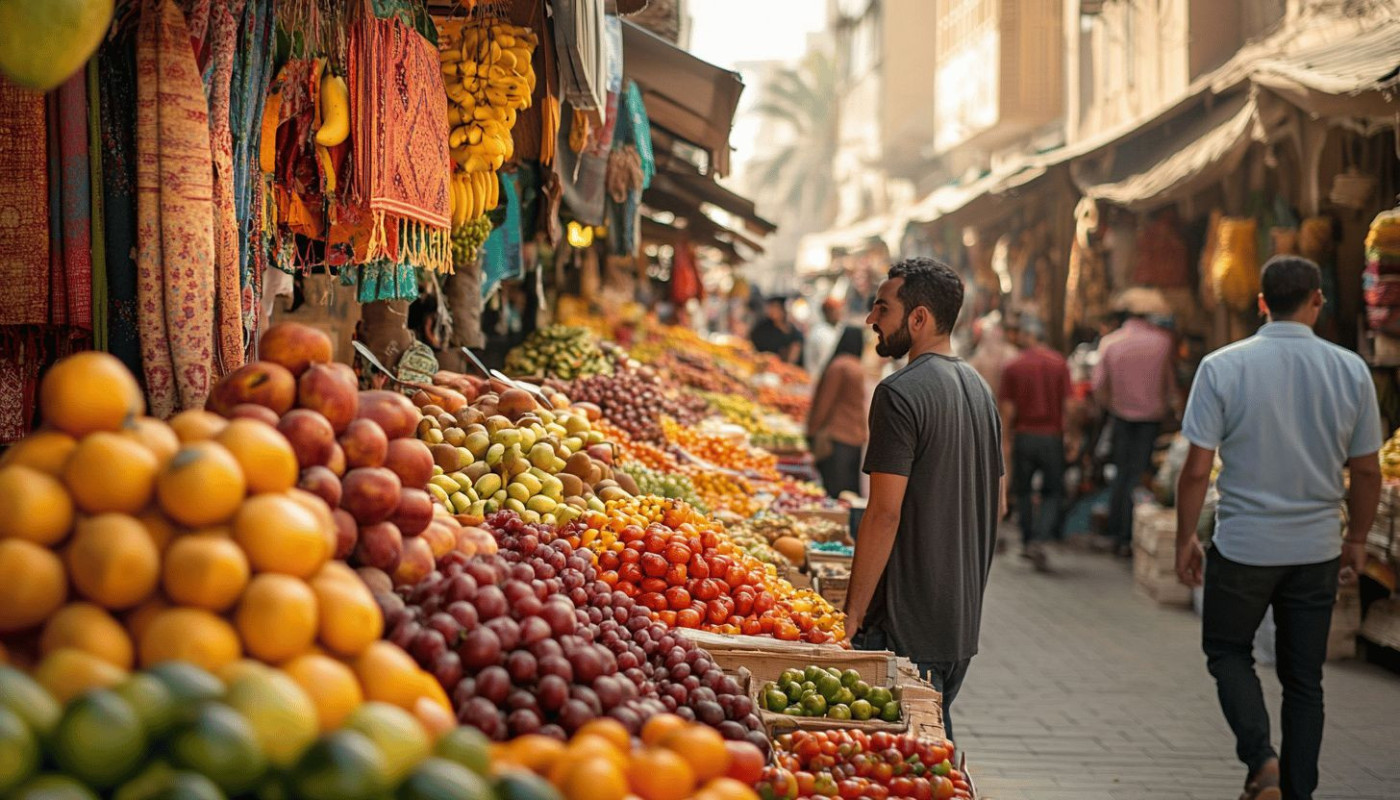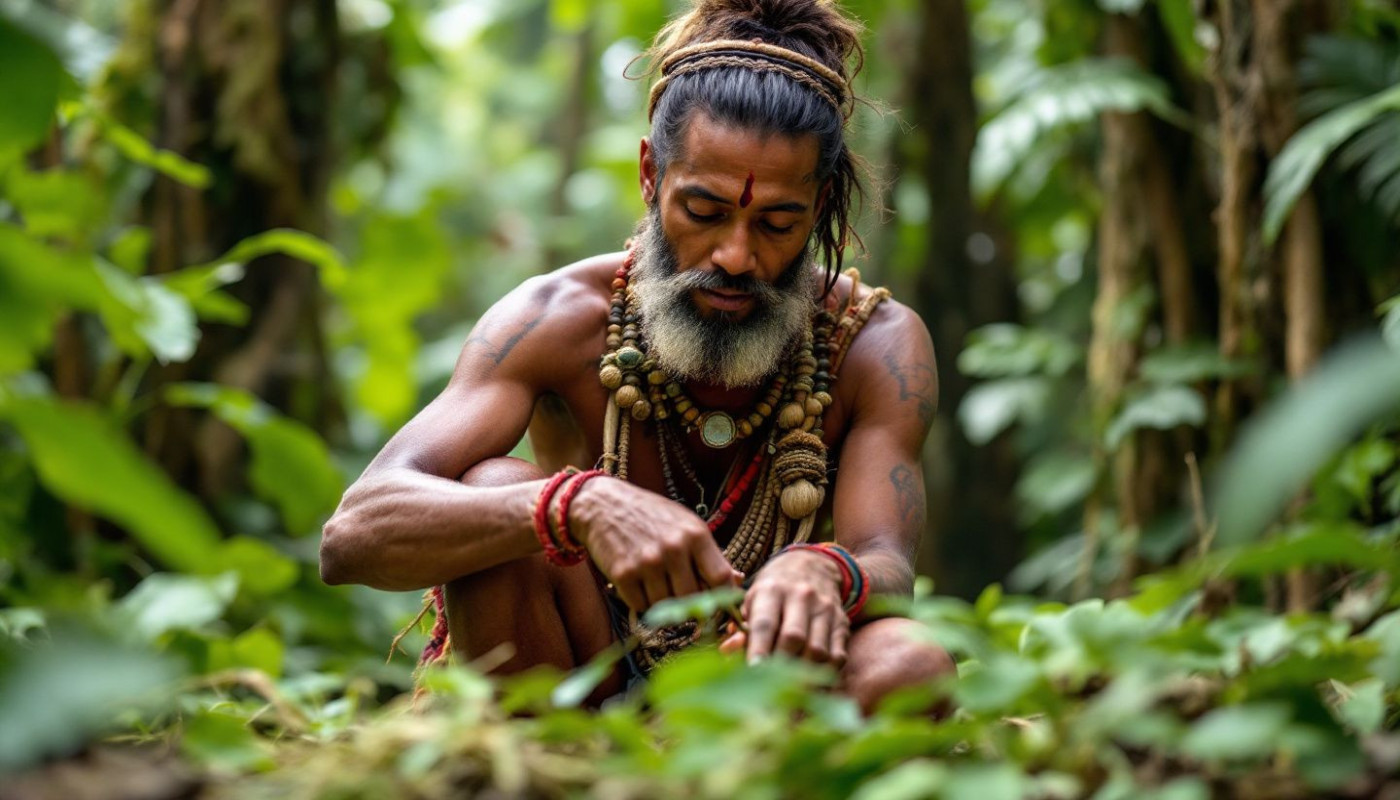Table of contents
Tourism is changing, with more travelers seeking meaningful connections and responsible journeys. Among the most significant trends is ethical tourism and the way it shapes the lives of indigenous tribes worldwide. Delving into this subject reveals not only the challenges but also the opportunities that ethical tourism presents for preserving culture, supporting communities, and promoting sustainable travel. Continue reading to understand the profound effects of tourism done right, and what it means for the future of indigenous peoples.
Understanding ethical tourism
Ethical tourism refers to a form of travel that prioritizes respect, fairness, and positive outcomes for local communities, especially those that are traditionally marginalized, such as indigenous tribes. Unlike traditional tourism, which often focuses on consumer-driven experiences and economic gain, ethical tourism is guided by principles of responsible travel, sustainable tourism, and cultural sensitivity. Tourists engaging in ethical tourism strive to minimize their impact on the environment and local cultures, seeking authentic interactions that support the well-being of host communities. The concept encompasses practices such as supporting local economies through fair trade, participating in community-led experiences, and ensuring that cultural traditions are respected rather than exploited. The rise in awareness around the consequences of mass tourism—such as cultural commodification, environmental degradation, and social disruption—has led to increased interest in ethical tourism, particularly within the growing field of indigenous tourism. As more travelers recognize the value of responsible travel, the movement continues to gain momentum, offering a framework that balances meaningful engagement with the preservation and empowerment of indigenous peoples.
Benefits for indigenous communities
Ethical tourism offers a range of ethical tourism benefits that directly support indigenous communities through economic empowerment and preservation of unique cultural identities. Community-based tourism models enable local residents to take ownership of tourism activities, ensuring that revenue remains within the village and supports community priorities. This participatory approach increases opportunities for sustainable livelihoods, including the revival and commercialization of traditional crafts, storytelling, and environmental stewardship. Such initiatives strengthen local empowerment by allowing indigenous people to set the terms for how their culture and land are shared with visitors.
Cultural preservation forms a core advantage, as these tourism models encourage the practice and transmission of languages, rituals, and handicrafts, which can otherwise be at risk due to modernization or external pressures. Community-based tourism also provides a structured way for visitors to learn about indigenous heritage with respect, fostering an exchange that builds mutual understanding. This exchange helps dispel stereotypes and provides context for the complexities facing many indigenous communities, while also motivating travelers to support authentic, locally-owned businesses or projects.
Ethical tourism benefits go beyond economics, reinforcing social cohesion and community pride. When tribes participate in designing visitor experiences, they gain a greater voice in how they are represented globally. This agency ensures that tourism does not exploit but rather elevates local narratives. Training and capacity-building, which often accompany such initiatives, further enhance community resilience against external threats, such as land dispossession or cultural misappropriation.
Travelers seeking meaningful, responsible experiences are increasingly attracted to destinations that respect indigenous autonomy, and top article offers insights into exemplary ethical tourism in Africa, where travelers can witness community-led safaris and conservation projects in Tanzania. These partnerships are instrumental in safeguarding both biodiversity and cultural diversity, serving as a model for tourism development that honors indigenous rights and aspirations.
Challenges and potential risks
Ethical tourism, while intended to support indigenous rights and local economies, often brings a complex array of tourism risks that can undermine its positive intentions. One of the most pressing ethical tourism challenges is cultural commodification, where traditions, rituals, and crafts are packaged and sold to satisfy tourist curiosity, sometimes distorting or oversimplifying their original meaning. This can lead to a gradual loss of authenticity, with communities adapting their practices not for their own cultural significance, but to meet visitor expectations. Furthermore, without robust regulations and community involvement, the danger of exploitation looms, as local people may have little control over how their culture is represented or who profits from these interactions.
Another significant tourism impact is the phenomenon known as cultural appropriation, where elements of indigenous culture are borrowed or imitated without understanding or respecting their context, often leading to offense or misrepresentation. This not only erodes the cultural heritage of tribes but can also diminish their sense of agency and identity. If tourism is not managed with clear, enforceable guidelines that prioritize the voices and needs of indigenous groups, it risks perpetuating inequalities and infringing on indigenous rights. Critical engagement with these issues is necessary to ensure that ethical tourism becomes a truly supportive practice, rather than an avenue for exploitation or cultural loss.
Best practices for travelers
Adopting ethical travel tips is vital for respectful tourism, especially when engaging with indigenous tribes. Prioritize cultural immersion by learning about local customs and etiquette before arrival, using trusted resources or guidance from your travel operator. Always seek permission before taking photographs or participating in ceremonies, and remember to dress modestly to honor community standards. Supporting indigenous economies can be achieved by purchasing authentic handicrafts directly from local artisans and opting for community-run accommodations. Such choices ensure that funds stay within the community and reinforce responsible tourism practices. Select travel operators with transparent policies on ethical engagement, fair compensation, and long-term partnerships with indigenous groups, as these companies are more likely to prioritize respectful cultural exchanges and environmental preservation.
In research-backed recommendations, travelers are encouraged to participate in educational workshops or guided tours led by indigenous members, fostering a deeper understanding of traditions and challenges faced by these communities. Minimize environmental impact by adhering to local guidelines on waste disposal, trail use, and wildlife interaction, thereby supporting indigenous efforts to protect their land. Engaging in cultural immersion thoughtfully promotes mutual respect and learning, strengthening the positive relationship between visitors and hosts. By following these actionable tips, travelers contribute to responsible tourism that uplifts indigenous voices, sustains local livelihoods, and preserves cultural heritage for future generations.
Looking ahead for ethical tourism
The future of tourism is increasingly shaped by an awareness of the diverse impacts travel can have on indigenous tribes, with ethical travel trends gaining momentum in the global market. As governments and international organizations align policies with the goals of sustainable development, new frameworks are emerging to ensure that indigenous tourism initiatives prioritize long-term community resilience over short-term financial gain. Policy shifts such as the integration of indigenous voices in decision-making processes and legal protections for cultural and environmental assets are becoming standard, fostering a responsible tourism future that places respect for traditional lifestyles at the forefront.
Technology plays a pivotal role in promoting transparency within ethical tourism, empowering both travelers and indigenous groups to share information about community-led projects, conservation efforts, and fair economic practices. Digital platforms can facilitate direct communication between tribes and visitors, allowing for greater accountability and the dissemination of authentic narratives. The responsible tourism future will depend on harnessing such innovations to monitor impacts, collect feedback, and continuously improve tourism models so that they genuinely contribute to sustainable development without eroding cultural heritage or environmental integrity.
For ethical tourism to remain supportive of indigenous communities, the establishment of rigorous certification systems and the enforcement of international standards for indigenous tourism are necessary. Policy makers must advocate for legal recognition of land rights and cultural ownership, ensuring that indigenous peoples retain control over how their traditions are shared and monetized. The success of these pathways requires ongoing collaboration between governments, NGOs, and the private sector, as well as education programs for tourists that emphasize respect and mutual benefit.
Looking forward, the responsible tourism future hinges on maintaining a delicate balance between access and preservation. By prioritizing indigenous leadership, transparent governance, and community-driven innovation, stakeholders can guarantee that ethical tourism not only supports economic stability but also safeguards the values and ways of life that make indigenous cultures unique. As sustainable development principles become more deeply embedded in travel policies, the prospects for indigenous tourism will continue to evolve, offering hope that respectful partnerships and genuine stewardship will define the next era of global exploration.
Similar



